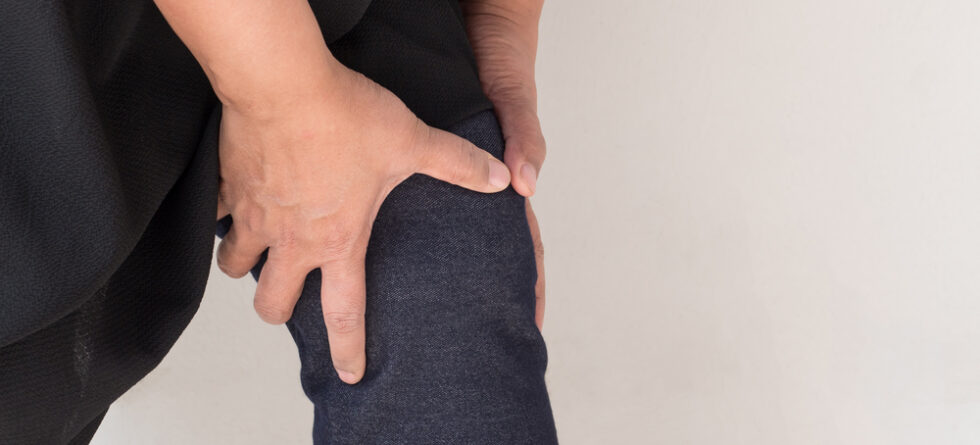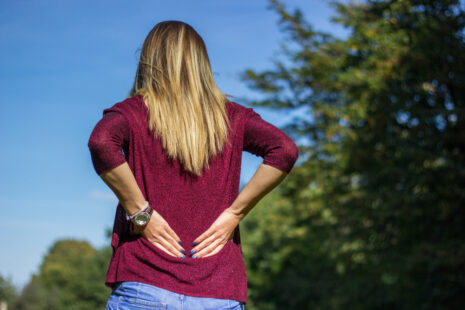During ACL (anterior cruciate ligament) rehabilitation, it’s important to avoid activities and behaviors that could hinder your recovery or increase the risk of reinjury.
Here are some things to avoid during ACL rehab…
- High-Impact Activities – Avoid high-impact activities such as running, jumping, or participating in sports that involve quick changes in direction until cleared by your healthcare provider. These activities can put excessive stress on the healing ACL graft or the knee joint itself.
- Overexertion – Pushing yourself too hard or progressing too quickly with exercises can lead to overexertion and potentially exacerbate your injury. Follow your physical therapist’s guidance and progress through exercises gradually.
- Ignoring Pain – Pain is a signal from your body that something isn’t right. Ignoring pain or pushing through it during rehab can lead to further damage. If you experience significant pain during exercises or activities, stop and consult your healthcare provider.
- Neglecting Rest – Rest is an essential component of the healing process. Neglecting rest or overdoing activities without allowing sufficient time for recovery can impede your progress and increase the risk of complications.
- Skipping Physical Therapy Sessions – Consistent attendance at physical therapy sessions is crucial for successful ACL rehabilitation. Skipping sessions or neglecting prescribed exercises can slow down your recovery and result in decreased strength and stability in the knee.
- Poor Nutrition – Proper nutrition plays a vital role in supporting tissue repair and recovery. Avoiding a balanced diet rich in essential nutrients can hinder your body’s ability to heal effectively.
- Improper Form – Performing exercises with improper form can lead to compensatory movements or muscle imbalances, increasing the risk of injury. Pay close attention to your technique during rehab exercises and ask your physical therapist for guidance if needed.
- Returning to Activities Too Soon – Rushing back to sports or other activities before your knee is adequately healed and rehabilitated increases the risk of reinjury. Follow your healthcare provider’s recommendations regarding the timing of return to activities.
- Wearing Inappropriate Footwear – Wearing improper footwear during rehab activities can affect your balance, stability, and biomechanics, potentially increasing the risk of injury. Choose supportive footwear suitable for your rehab exercises and activities.
- Ignoring Your Healthcare Provider’s Advice – Your healthcare provider and physical therapist are essential members of your rehab team. Listen to their advice, ask questions, and communicate any concerns or changes in symptoms throughout the rehabilitation process.
By avoiding these common pitfalls and following your healthcare provider’s guidance, you can optimize your ACL rehab outcomes and reduce the risk of setbacks or reinjury.




